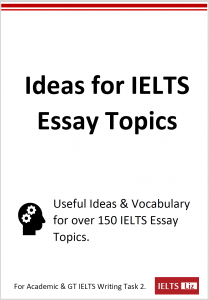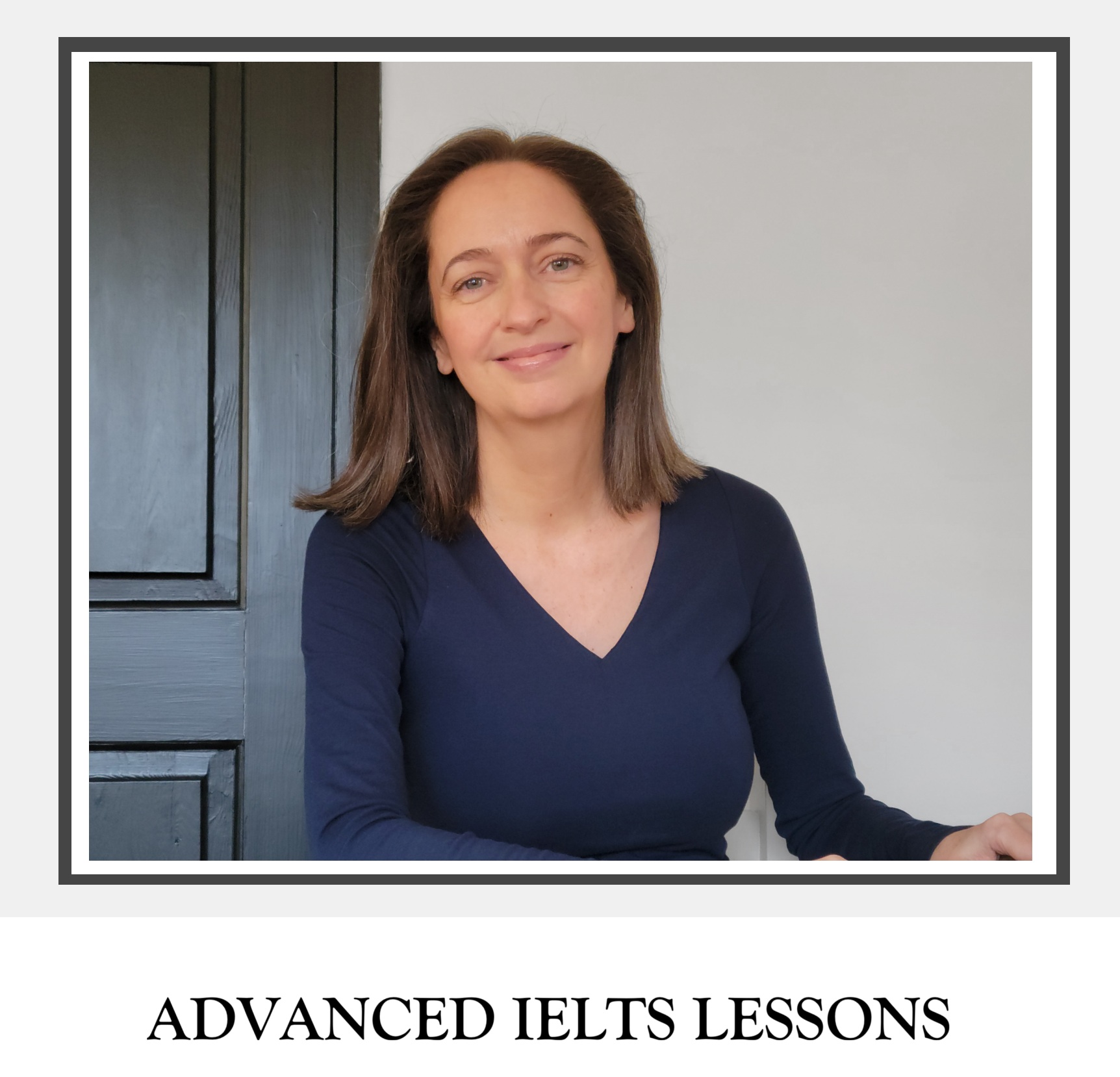This is a great way to develop your English and practice your IELTS reading skills. Learn some interesting vocabulary about an interesting topic. The questions are sentence completion which means you need to locate a word or words in the passage for the answer.
Reading Passage: Problems with Badgers
Badgers in gardens can be a delight. A nightly treat that householders all over the country look forward to. But for some, they are at the very least unwelcome visitors, threatening cherished pristine lawns and carefully cultivated vegetables because badgers find food where they can and have little respect for people’s efforts in gardening. Often unseen and unheard, they wander quietly into gardens at night, feeding on the earthworms, grubs, snails and slugs they find in lawns and borders before moving on. In their wake, they leave only the slightest clues, an odd small snuffle hole here and there, showing where they obviously sought out their nightly treat. If it is suspected there is a badger sett in a garden, expert advice should be sought. It’s easy to know if there is one by the many holes you’ll find which tunnel down to various living chambers in their underground sett. People should not try to interfere with them in this situation, as it is against the law. Badgers will not cause people any harm or pass on diseases so they should be left to live quietly in their residence but their presence should be reported to an expert who can rehome them if necessary.
There are some fascinating facts about badgers. Badgers are extremely clean animals and do not take food into their setts preferring to eat out in the open and retain a clean living area underground. They are remarkably suited to their purpose of digging, having powerful claws and limbs. American badgers even have a third eyelid that keeps out grains of sand and soil. Interestingly, the idiom we know as “to badger someone” comes from an old sport of Badger Baiting rather than their actual character. The idiom actually means to tell someone to do something or to question them again and again and again – incessantly without let up. No wonder badgers sometimes get such a bad rep.
Questions 1 -6: Use no more than two words and/or a number for your answer.
- While badgers are seen as a delight by some people, others see them as ………………
- A …………………. is a sure way to know a badger has visited a garden.
- It is best not to ……….. with badgers if they have made a home in your garden.
- Badgers do not transmit …………… to humans.
- Badgers are built for digging and some also have a protective ………………
- The idiom “to badger someone” is unrelated to the …………… of badgers.
***********************************
ANSWERS
I’ve posted the answers on the Main Page for Sentence Completion Questions which also contains loads of excellent tips and another reading exercise.
Click below:
.
All the best
Liz
.













